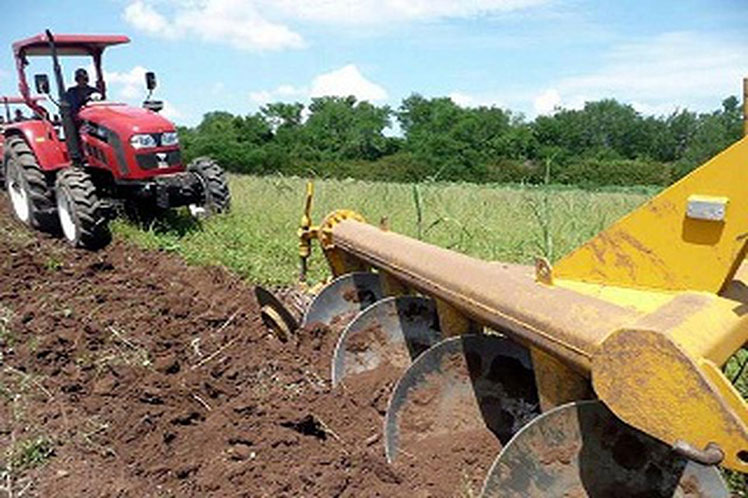
Environmental specialists evaluated such research conducted in the agricultural sector to identify vulnerabilities in food production under threat from climate change: heavy rains, strong winds, and flooding from sea surges, as well as intense drought, all of which can cause severe damage.
Based on these HVRAs, the most vulnerable forms of production were identified, taking into account associated sectors, soil conditions, water availability, exposure to low rainfall, and other indicators, in order to focus the analysis on objective actions aimed at achieving improved yields.
Research of this nature was also conducted in other sectors with the active participation of CITMA, Civil Defense, and the Meteorological and Disaster Risk Reduction Centers in the province. The goal was to determine vulnerabilities and threats that could negatively impact the potential occurrence of natural phenomena such as hurricanes, earthquakes, and severe drought. Likewise, the Economic Valuation of Ecosystem Goods and Services Studies, as well as Epiphytic Studies, continue. These studies determine the factors that can cause plant diseases in a region and biological risks.
This work consolidates hydrometeorological and seismological monitoring systems, the work of the Disaster Risk Reduction Centers, and strengthens partnerships with the Agriculture and Water Resources delegations, the educational sector, and others.
Researchers conducting Hazard, Vulnerability, and Risk Studies (HVR) in Guantánamo work with the goal of fostering, through knowledge, better conditions for planning short-, medium-, and long-term measures and investments to resolve problems and reduce the effects of events that lead to natural or technological disasters.